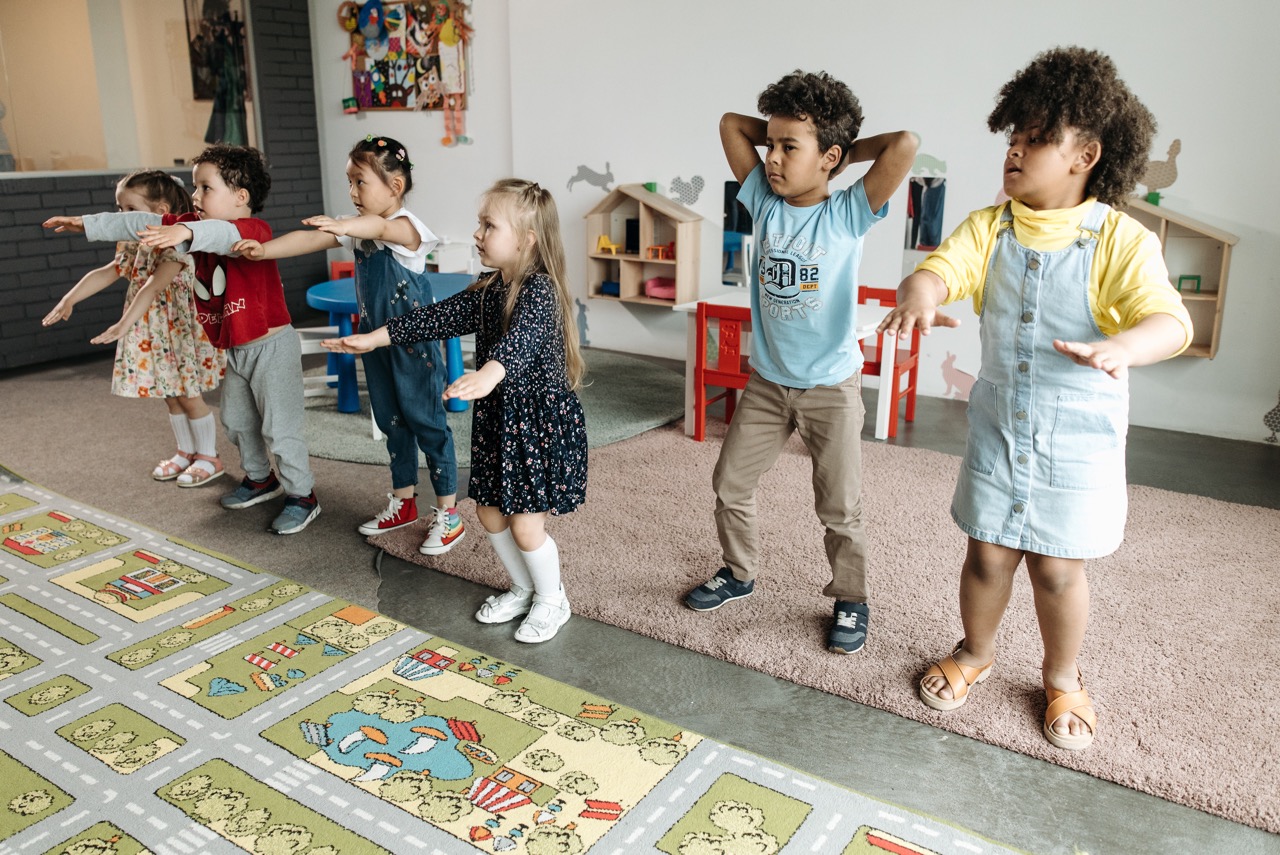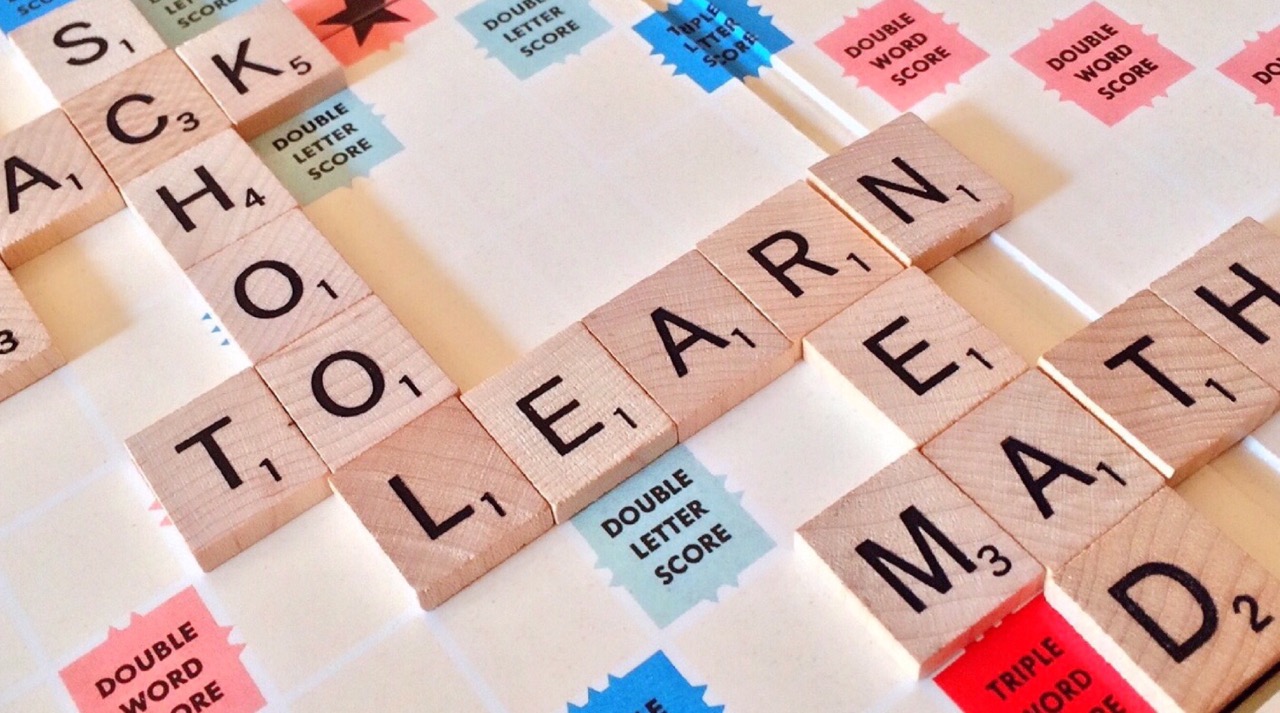Educational Games: How to Enhance Children’s Learning Through Play?
Play is an essential part of a child’s life during their early childhood. It is not just a means of entertainment and fun, but it holds immense educational value. When children play, they learn and grow naturally and effortlessly. Educational Games provide children with opportunities to explore the world around them and develop their social, cognitive, and sensory skills.
Furthermore, play contributes to enhancing creativity and critical thinking in children. It serves as a laboratory for them to experience different roles, generate new ideas, and solve challenging problems in innovative ways.
Benefits of Educational Games:
Play is not merely recreational; it offers significant benefits to children’s learning. Here are some key benefits that play provides in children’s education:
1. Enhancing Motor Skills: Play contributes to the development and enhancement of children’s motor skills. Whether playing outdoors or indoors, it involves body movement, navigation, and eye-hand coordination. This helps in developing both fine and gross motor skills, as well as strengthening muscle power and balance.
2. Developing Cognitive Skills: Play enhances children’s cognitive skills. When children engage in games that require thinking and problem-solving, they develop cognitive abilities such as imagination, visualization, and organization. Play also helps in improving focus, memory, and creative thinking.
3. Promoting Social Skills: Role-playing and cooperative games can enhance children’s social skills. Children learn how to communicate, cooperate with others, share roles, and resolve minor conflicts. Group play contributes to developing the concept of teamwork, respect for others, and fostering social values.
4. Enhancing Language and Communication Skills: Play contributes to the development of children’s language and communication skills. When children engage in imaginative play and conversations, they develop their ability to express themselves clearly, use vocabulary, and communicate with others. Play also enhances listening, comprehension, and language expression skills.
5. Stimulating Creativity and Critical Thinking: Play encourages creativity and critical thinking in children. When children interact with different materials and toys, they can explore new ideas and employ innovative play methods. Play nurtures imagination, and creativity, and stimulates analytical thinking in children.
In summary, play is a powerful tool in children’s learning process. It combines fun and learning and contributes to the development of a wide range of motor, cognitive, social, and language skills. Therefore, parents and educators should support children in play, provide a suitable environment, and utilize educational games to enhance their learning enjoyably and engagingly.







